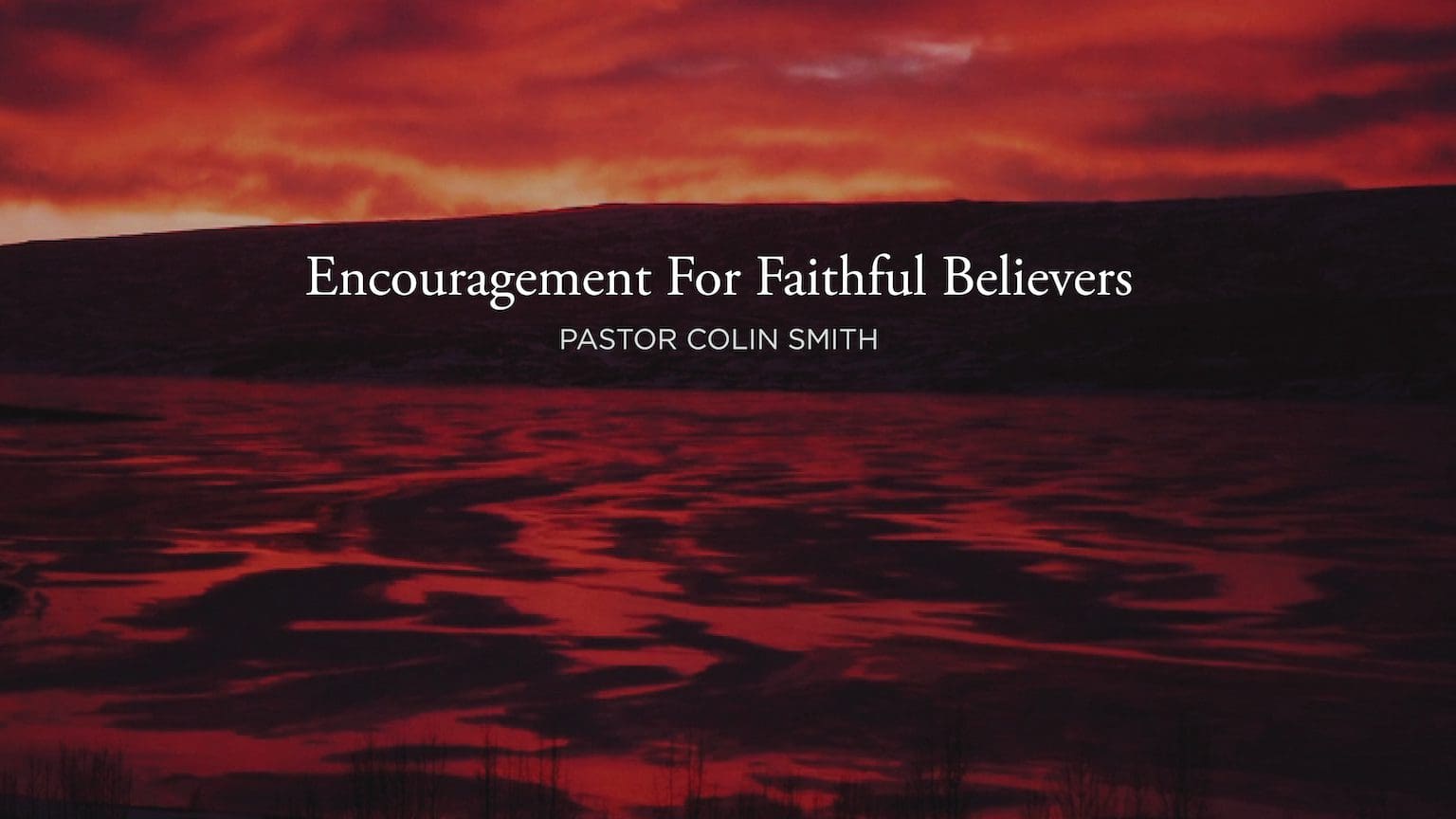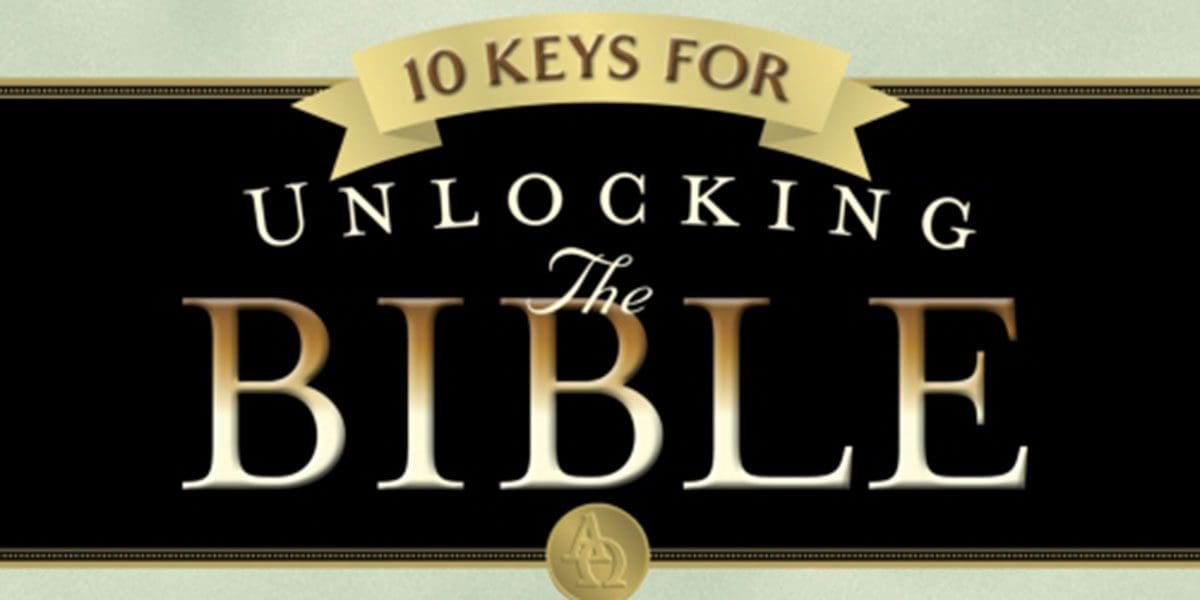My son, give me your heart, and let your eyes observe my ways. (Proverbs 23:26)
As I have reflected on these words and the verses that come before, I have found them so rich that I want us to stay here for two weeks. Today we look at The Heart Gone Wrong. Next week we will look at The Heart Set Right.
Here we have the words of a father speaking to his son. It could equally well be a father speaking to his daughter, or a mother speaking to her son or daughter, so we can hear these words in all of these ways as they apply to each one of us. But in this case, a father is speaking to his son and he says, “My son, give me your heart!”
I want us to hear these words in two ways. First, as the voice of a father speaking to his son.
Second, as the voice of God speaking to us.
A Father Speaking to His Son
1. Who is this father?
Most of the proverbs are credited to Solomon, the son of King David, who was given a special gift of wisdom from the Lord. There are a few proverbs at the end of the book that came from a man called Agur (chapter 30), and some from a king by the name of Lemuel (chapter 31), but the rest were either written or collected by Solomon.
2. Who is the son?
Solomon was infamous for having had, in the later years of his life, many wives. So we must assume that he had many sons and daughters as well. But only one son of Solomon is ever named in the Bible!
This is a rather striking fact, because many sons of David are named, but in the case of Solomon, we are only told about one son and his name was Rehoboam (1 Kings 11-14). So I think it is very reasonable to hear these verses before us today first as the passionate plea of King Solomon to his son Rehoboam.
These are the words of a father who loves his son. Solomon says, “My son, give me your heart!” These are not the words of an emotionally needy father saying, “Love me. Please love me. I need you to love me.” These are the words of a father who is seeking the good of his son.
Why the Heart Matters
The heart is the command and control center of life. Where your heart is today will always be a predictor of where you will be tomorrow. Your heart is the deepest thing about you. Where your heart is, is always the central question.
Here are six Scriptures that speak about the importance of the heart.
1. Your heart directs your life.
Keep your heart with all vigilance, for from it flow the springs of life. (Proverbs 4:23)
You have a responsibility for the state of your own heart. If your heart is cold, there are reasons for it. If your heart is distracted, there are reasons your heart is all over the place.
God calls you to keep it, to guard it. And here’s the reason: from it flow the springs of life!
The whole direction of your life will spring from where your heart is.
2. The heart is a mystery.
The heart is deceitful above all things, and desperately sick; who can understand it? (Jeremiah 17:9)
Can you explain your own heart? You may say, “If I told you what has happened in my life that would explain where I am.” Here’s the problem: Other people have had similar things happen in their lives and they are in a very different place from you. How do you explain the difference?
The heart is a mystery. Paul speaks about this in Romans 7: “I do not understand myself! What I want to do and be is one thing, what I actually do is something else. I’m a mystery to myself. I feel like I am a mass of contradictions.”
3. The heart is sinful.
“For out of the heart come evil thoughts, murder, adultery, sexual immorality, theft, false witness, slander.” (Matthew 15:19)
We like to think that the evil is “out there” in the world, but Jesus says that it is “in here” in our hearts.
As parents we rightly feel that we have a responsibility to protect our children from the evils of the world out there. But the greatest danger to our children, and to all of us is not the evil that is “out there” in the world, but the evil that is “in here” in our own hearts. This is a truth that should be helpful to parents who grieve over a rebel son or daughter.
John White, a Christian psychologist, wrote a helpful book called, Parents in Pain: “The determinism of many child-rearing theories assumes that children are the products of their upbringing. They come into the world as clean slates for their parents to write on. If they write what they ought to write (that is, if they rear their children properly), they will produce well-adjusted, outgoing, morally upright and self-reliant children. Any defects in the final product reflect parental mismanagement” [1]
That’s what many child-rearing theories say. The Bible says something very different. Children do not come into the world as a clean slate for parents to write on. The Bible says that children come into the world with sin already scrawled on the slate.
4. God looks at the heart.
The Lord sees not as man sees: man looks on the outward appearance, but the Lord looks on the heart. (1 Samuel 16:7)
God looks at your life more deeply than anyone else ever can or will. You may not understand your own heart: Why do you love what you love? Why do you think and feel as you do? You may not understand your own heart, but God knows it completely.
5. The heart often contradicts the mouth.
“This people honors me with their lips, but their heart is far from me.” (Matthew 15:8)
It is true that what we say is an overflow of what we think and what we feel. Our Lord said, “Out of the abundance of the heart [the] mouth speaks” (Luke 6:45). But here our Lord makes clear that this is not always the case.
It is possible for the heart to be disconnected from the mouth. It is possible to come to church and say all the right things, but in your heart to be far from God. “Why do you say to me ‘Lord, Lord’ and do not do what I command you?” (Luke 6:46, author paraphrase)
Our Lord told the Parable of the Two Sons. In it the father said to both of his sons, “Go work in my field” (Mat. 21:28, author paraphrase). One said “Yes,” but he did not go. The other said “No,” but then he changed his mind and went. In both cases the heart was in a different place from the mouth!
6. The root of all unbelief lies in the heart.
The fool says in his heart, “There is no God.” (Psalm 14:1)
The person who does not believe may also say that there is no God in his or her head, but the point here is that unbelief is rooted in a deeper place than the intellect. The fool says in his heart, “There is no God.”
Surely this is an observable fact. There are people of great intellect who are Christians, and there are people of great intellect who are not. Faith and unbelief both have a deeper source than the intellect. Unbelief is visceral. It arises from a hidden resistance toward almighty God that lies in the human heart.
Why is it that two people can go through the same experience, and one comes out praising God, while the other comes out blaming God? Two people experience the same tragic loss – one sees the hand and the help of God, the other sees yet another reason for unbelief. Their experience was the same. The difference was in the heart.
Where the Heart Goes Wrong
When Solomon says, “My son, give me your heart,” it seems clear that this father has some anxiety over where his son’s heart is. Solomon was famed for his wisdom, and as a wise father, he discerned his son’s heart!
Think about the family history here. Solomon followed the best of his father David’s example, at least in his early years. But Solomon had a brother, Absalom, whose heart took him in a different direction.
Absalom raised a rebellion against his father, David. His life followed a sorry path and came to a miserable end. Now Solomon is anxious about his own son, “Will my son be like my rebel brother? What is his path going to be?” Solomon was anxious, and I think we can tell from these verses why.
Let me suggest some places where the heart most often goes wrong.
1. Who you admire
Let not your heart envy sinners, but continue in the fear of the Lord all the day. (Proverbs 23:17)
I think there is every reason to believe that Rehoboam, while he was young, conformed to the faith with which he was raised. But when Rehoboam looked at godless people, it seems that he found their way of life attractive. “Let not your heart envy sinners.”
Solomon fears that while his son professes the faith that has been handed down from his grandfather David, there may be a secret longing in his heart to move in a different direction.
“He who fathers a wise son will be glad in him” (23:24), Solomon says. But Solomon is not sure if he has a wise son or not. He fears that his son’s heart is somewhere else. He admires the wrong people. He envies sinners. They are the ones he wants to be like.
I want to speak to every son or daughter who has been raised in a Christian home today. To me there is no greater tragedy that while people who have been exposed to all kinds of evil are finding their way to peace and hope through Jesus Christ, some of you who have been raised with blessings greater than you realize are ready to throw it all away.
The first sign of throwing it away is that you envy sinners. In your heart you look at people who live without God and you say, “That’s what I want to be like! That’s how I want to live.”
2. How you decide
Surely there is a future, and your hope will not be cut off. (Proverbs 23:18)
I think this tells us that Solomon saw in his son a growing tendency to live only in the present and to lose sight of the future. He goes more and more with what he feels on the spur of the moment. So Solomon says to his son, “Surely there is a future…” In other words, “Son, don’t not make your choices on the basis of short-term comfort. If you are wise, you will choose on the basis of long-term consequence.”
“Surely there is a future…” This is of huge importance for us today. Our culture is constantly encouraging us to “live in the moment.” If that means to be fully present and engaged in whatever you are doing, rather than being distracted, this is a good thing.
But I have noticed this phrase being often used by people who are clearly moving away from Christian faith. “I am trying to live in the moment.” And if I understand what is really being said, it is: “I am going with what I feel. Sometimes I feel that I want to know God and sometimes I don’t.”
In a world that calls us to live in the moment, I want you to hear the Word of God that says,
“Surely there is a future!” Your life that God is giving to you right now comes in two very unequal parts: You have a very short life in this world and a very long life in eternity.
The Bible uses pictures to explain this. In the first, the Bible says that our days in this world are like grass: “All flesh is grass, and all its beauty is like the flower of the field. The grass withers, the flower fades when the breath of the LORD blows on it” (Isa. 40:6-7).
Grass grows for about a week, it is cut, and then it is gone. If you live 100 years, in the light of eternity, it is like grass growing for a week and then it is cut. So wisdom begins here: You don’t have much time. You are here today and tomorrow you will be in the presence of God.
In case you didn’t get that picture, God uses another picture to make the same point: “What is your life? For you are a mist that appears for a little time and then vanishes” (Jas. 4:14). The mist that settles in the morning is blown away by noon.
We are all here today and gone tomorrow. And then we will all stand before the judgment seat of Christ. Don’t plan your life on what makes you feel good now. Plan your life on what you will make you feel good then.
“Son, if you walk the path of wisdom, your hope will not be cut off” (23:18). What you want to hear on the last day is: “Well done, good and faithful servant. Enter into your master’s joy.” You do not want to hear: “Away from me. I never knew you.”
People want to be on the right side of history. What matters more is that you are on the right side of eternity. I don’t know where history is headed, but we know who holds history and who holds eternity.
3. Where you invest
Buy truth, and do not sell it; buy wisdom, instruction, and understanding.
(Proverbs 23:23)
I wonder if this indicates that Solomon’s son was losing interest in the truth. Perhaps Solomon saw his son’s eyes rolling when the books of Moses were being read. I wonder if when they went to the temple to worship, out of the corner of his eye, it looked like his son was bored out of his mind, My son doesn’t care a bit about truth.
Solomon instructs his son to “buy truth.” There is such a thing as the truth, and it is worth whatever it costs you to get it. Solomon doesn’t tell his son what it will cost. He doesn’t know. How costly will it be for you to stand for the truth? No one can tell you. It might cost you friends. It might cost you opportunities. It might cost you your life.
Solomon is using the language of a wise investor and he says, “Buy truth at any price! Son, whatever it cost for you to stand for the truth, pay it!” You would not say this about anything else. On any other investment, you would look at the price and weigh up your options. But Solomon knows that the price is never too high. The truth has supreme value because it has eternal value. So, buy the truth! Make it your own, whatever it costs you!
Here are three places where the heart most often goes wrong: Who you admire. How you decide. Where you invest. Solomon was anxious about his son, “Son, I don’t know where your heart is.” Where is your heart today? Our Lord Jesus said that the first commandment is that you love God with all your heart (Mark 12:30). Where do you stand in relation to that command today?
The Outcome
So King Rehoboam grew strong in Jerusalem and reigned. Rehoboam was forty-one years old when he began to reign, and he reigned seventeen years in Jerusalem…
And he did evil, for he did not set his heart to seek the Lord. (2 Chronicles 12:13-14)
Solomon was famous for his wisdom, so think about this, especially parents who may beat themselves up over a rebel son: The wisest father who ever lived had a rebel son. And God himself says, “I raised children and they rebelled against me” (Isa. 1:2, author paraphrase). No one is a wiser father than God. No one is a better father than God!
Rehoboam is one of the saddest characters in the Bible. The heart of his grandfather David was wholly true to the Lord (1 Kings 15:3). And Rehoboam had a grandson, Asa, whose heart was also wholly true to the Lord (1 Kings 15:14). So Rehoboam had a grandfather who was wholly true to the Lord and a grandson who was wholly true to the Lord, and here he is in the middle and he threw it all away.
What is recorded about Rehoboam is that he was at war continually (1 Kings 14:30 and 15:6). Who wants to be Rehoboam? Better people came before him and better people came after him. That’s not what you want said about you.
Today, we have looked at The Heart Gone Wrong. Next week we will come back to these same verses and look at The Heart Set Right.
How the Heart Gets Right
There are two prayers that Rehoboam’s grandfather David prayed, and how different his life would have been if he had made them his own.
1. Ask God to search your heart.
Search me, O God, and know my heart! Try me and know my thoughts! And see if there be any grievous way in me, and lead me in the way everlasting!
(Psalm 139:23-24)
Show me where my heart is. I don’t understand my own heart. You do! Look into it and reveal to me what you see. Show me where I am grieving you. Show me where I am admiring the wrong people, making the wrong decisions, investing in the wrong things.
2. Ask God to change your heart.
Create in me a clean heart, O God, and renew a right spirit within me. (Psalm 51:10)
The message today is not “Get your heart right so that you can come to God.” The message is not “Come to Jesus because you have a right heart.” The message is “Come to Jesus Christ in order to have a new heart.”
God says, “I will give you a new heart, and a new spirit I will put within you” (Ez. 36:26). Ask God to do for you what you cannot do for yourself. Ask God for a new heart and you will hear him say, “My son (or “my daughter”), give me your heart.”





